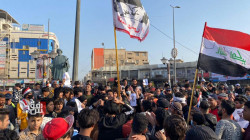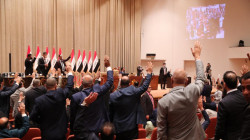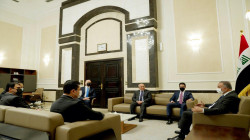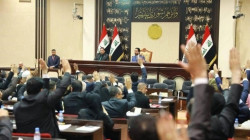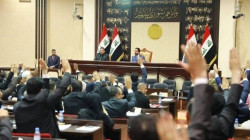Plummeting oil prices jeopardizes Iraqi government's ambitious plans: experts
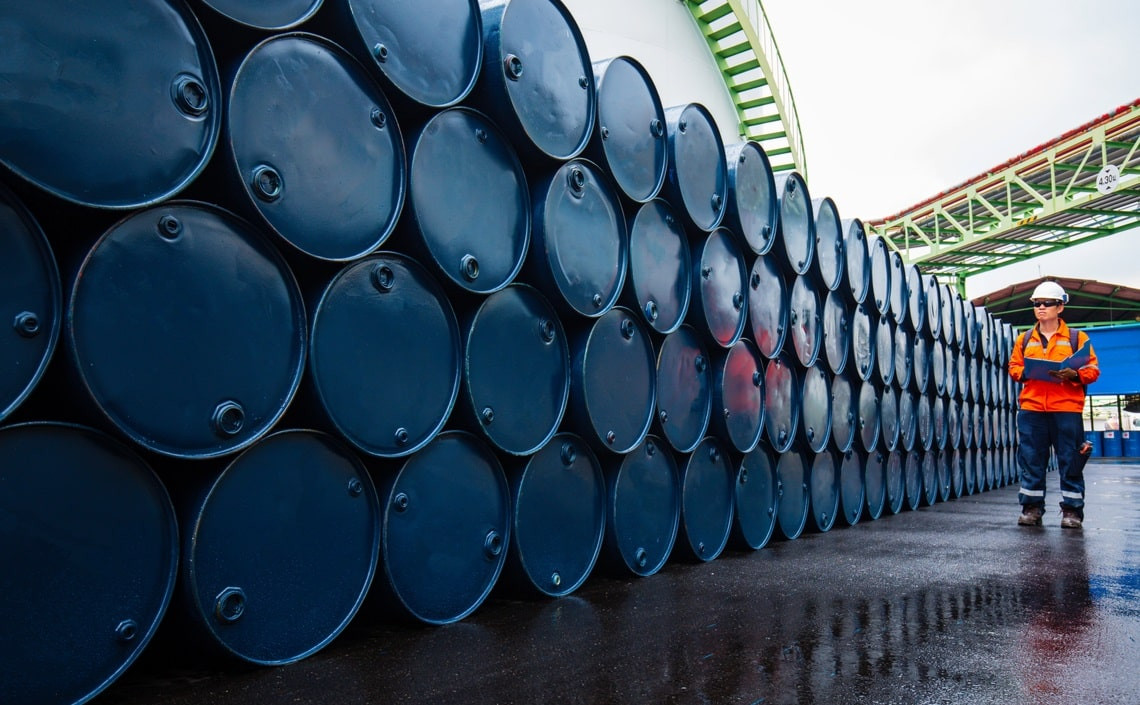
Shafaq News/ Iraq's oil-dependent economy is facing a fiscal crisis as global crude prices plummet, experts have warned. The country's 2024 budget, predicated on $70 per barrel of oil, could be jeopardized by any price drop below this level.
"The total required salaries for 2024 amount to 85 trillion dinars, secured through oil exports at $70 per barrel or less," said Mo'een al-Kadhimi, a member of the Iraqi parliament's finance committee. "However, the problem lies in the investment side, which the governorates and ministries need."
The lawmaker expressed concerns that if oil prices were to fall to $60 per barrel or below, it would hinder the government's ability to fund investment projects.
Al-Kadhimi added that for 2025, the government must implement serious plans to reduce imports, encourage the private sector (agricultural, industrial, and tourism), cut unnecessary expenditures, and increase non-oil revenues.
Echoing these sentiments, Ali Abdul-Kadhim, an economic expert, warned that Iraq lacks the financial buffers typically found in oil-rich nations, such as a sovereign wealth fund or a diversified export base. "If oil prices continue to decline and reach $60 per barrel or less, there will be a crisis that will lead to the failure of the investment budget, leaving only salary and wage payments," he stated.
To mitigate the impact of falling oil prices, experts suggested several options, including selling state-owned assets to sovereign wealth funds and revisiting government spending.
"The country is currently in a critical situation, but if OPEC and its partners succeed in controlling the oil price and preventing it from falling to $60 per barrel, we can face the spending during this year through rationing," said Safwan Qusay, a financial and economic expert.
Qusay proposed involving private investors in productive projects and utilizing the proceeds to fund public sector investment. He also suggested selling a portion of state-owned assets to the Iraqi Social Security Fund to free up liquidity for the government.
He said that the government prefers to avoid external borrowing due to the additional burden of future interest payments. The Central Bank holds reserves of $113 billion, covering both the currency issued and external debts, while internal debt stands at around $50 billion.
Qusay recommended that the Finance Ministry consider transferring some of its property assets to banks or the Central Bank to settle internal debts, potentially improving Iraq's economic outlook. He also pointed out ongoing efforts to stop flaring gas and invest in gas for electricity generation, aiming to reduce import costs and improve financial flexibility.

